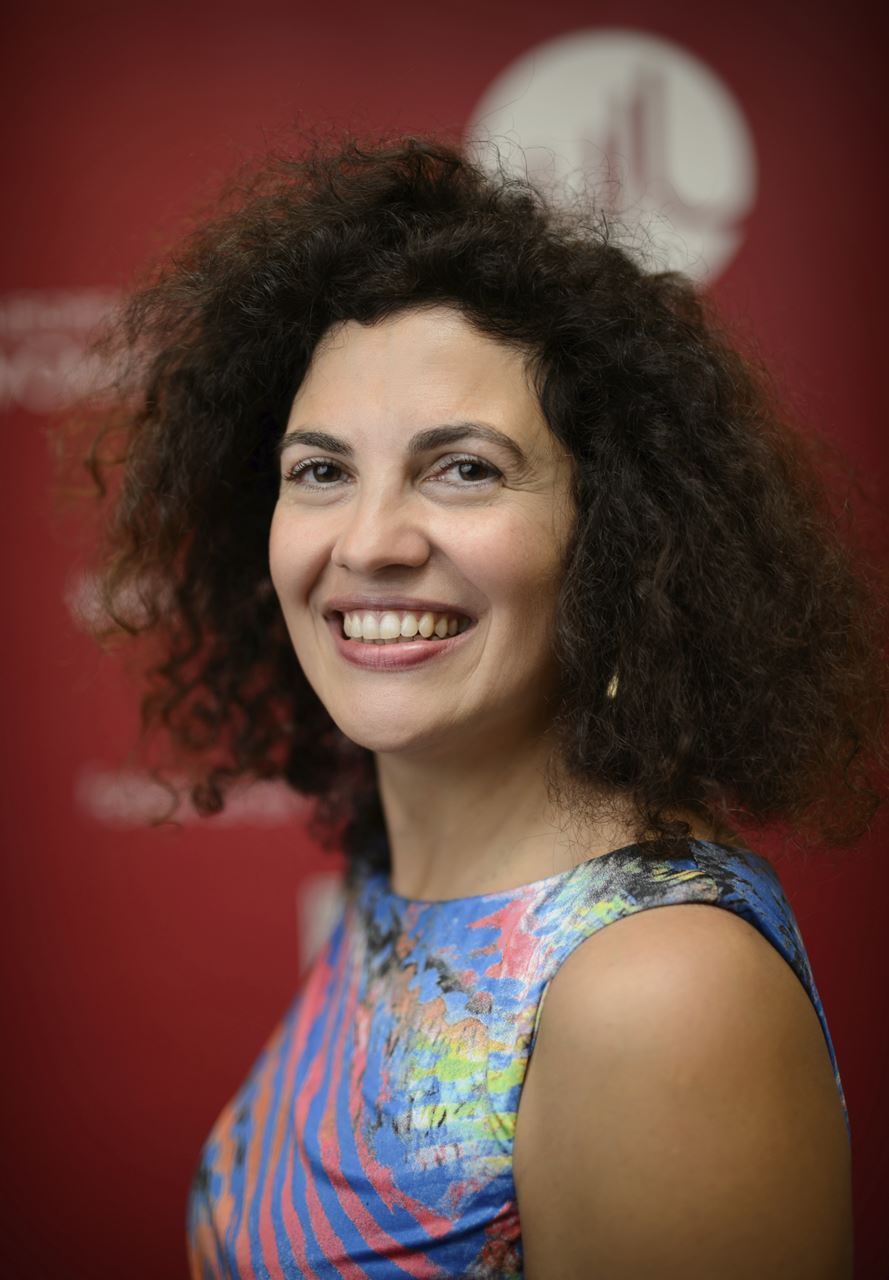 Pinnuccia was born in Catania, Italy, in 1967 and graduated with a degree in international politics in 1990. She joined the European Commission one year later.
Pinnuccia was born in Catania, Italy, in 1967 and graduated with a degree in international politics in 1990. She joined the European Commission one year later.
At the end of 2004 Pinuccia joined the cabinet of Commissioner for Education and Culture JanFigel where she was in charge of covers lifelong learning policy and all issues concerning universities, including the Bologna process, the European Institute for Innovation and Technology (EIT) and the Erasmus program.
Since May 2009, Pinuccia has been Head of Unit Multilingualism and translation studies in the Directorate-General for Translation. Her mission is to develop an active approach to multilingualism and translation all over the Commission.
How do you define being successful?
Being successful to me means being able to realise one's calling in all the aspects of life: a "complete" and balanced person, who has built enriching and sustainable relationships, has a fulfilling professional life and ... has some dreams left till the end of his/her life!
Do you have a mentor? If so what role did they play?
After my parents, my mentors were some great writers (for instance Proust, Dante and Shakespeare). Since I started my career, I realised how much it was important to have a senior mentor, even though in my case I could count more on a kind of network of wise people than on one or two mentors. That's why I have volunteered as a mentor in the WILT initiative: I believe it can be very useful to young women who are at a turning point in their life and/or career.
How did you get started? What took you to where you are today?
I started with my "European calling" a long time ago. I was still at school when I came across the (then so-called) "Common Market". I felt attracted by this concept, which involved replacing war and violence with openness, cooperation and mutual understanding. From there on, my strategic (cultural and educational) choices were highly influenced by this perspective. Of course, I also needed determination, hard work and self-confidence - I am not too bad at those ;-). The result was that just after graduating I started working in the Commission - and I have not changed my mind since!
What did you have to sacrifice to get where you are, if anything?
The only thing I had to sacrifice was the possibility to live in Italy. When I say that I am Italian, I generally receive a sympathetic look from my interlocutor, who inevitably adds: "Oh, it must be so tough for you here, without sunshine...". I reply that I travel a lot and work so hard that I do not have the time to realise how much sunshine I lack here. So after all it is not such a big sacrifice!
How have you changed/ or how has the work environment changed since you first started working?
I started working in the Commission in 1991, clearly a lot has changed since. Europe has become more Europe - in the sense that history has put back together the two pieces of the continent. Working in a European Union of 27 Member States is of course more complex than in a Community of 12, as it was the case in 1991 when I started, but at the same time is very challenging. Many will say that the more you get experienced, the less you become enthousiastic: I can tell you that it is not necessarily so, I continue to believe in Europe and I know plenty of excellent colleagues who do the same.
How do you balance work and life?
I balance work and private life (I have three children) very well, thanks to 1) a wonderful man, my husband, who has no gender bias whatsoever ; 2) a professional climate which has evolved a lot since 1991 and has become more and more sensitive to equal opportunities in the Commission, and 3) my determination to comply fully with my responsibilities both at work and at home. I believe that it is possible. Of course, this means that sometimes you have to make difficult choices, but if your priorities are clear and you have the courage to take (sometimes) tough decisions and stick to them, there is no problem. On the contrary, this will gain you appreciation and respect from the others.
And finally, what do you do in your spare time?
Actually I do not have much spare time... The positive side is that I am never bored; on the other side, sometimes I would like a bit more time to read, my favourite treat. I also love cinema and theatre; I never watch TV, but I like good films. Moreover I like travelling, cultural events, sport and restaurants (I love good food, wherever it comes from).